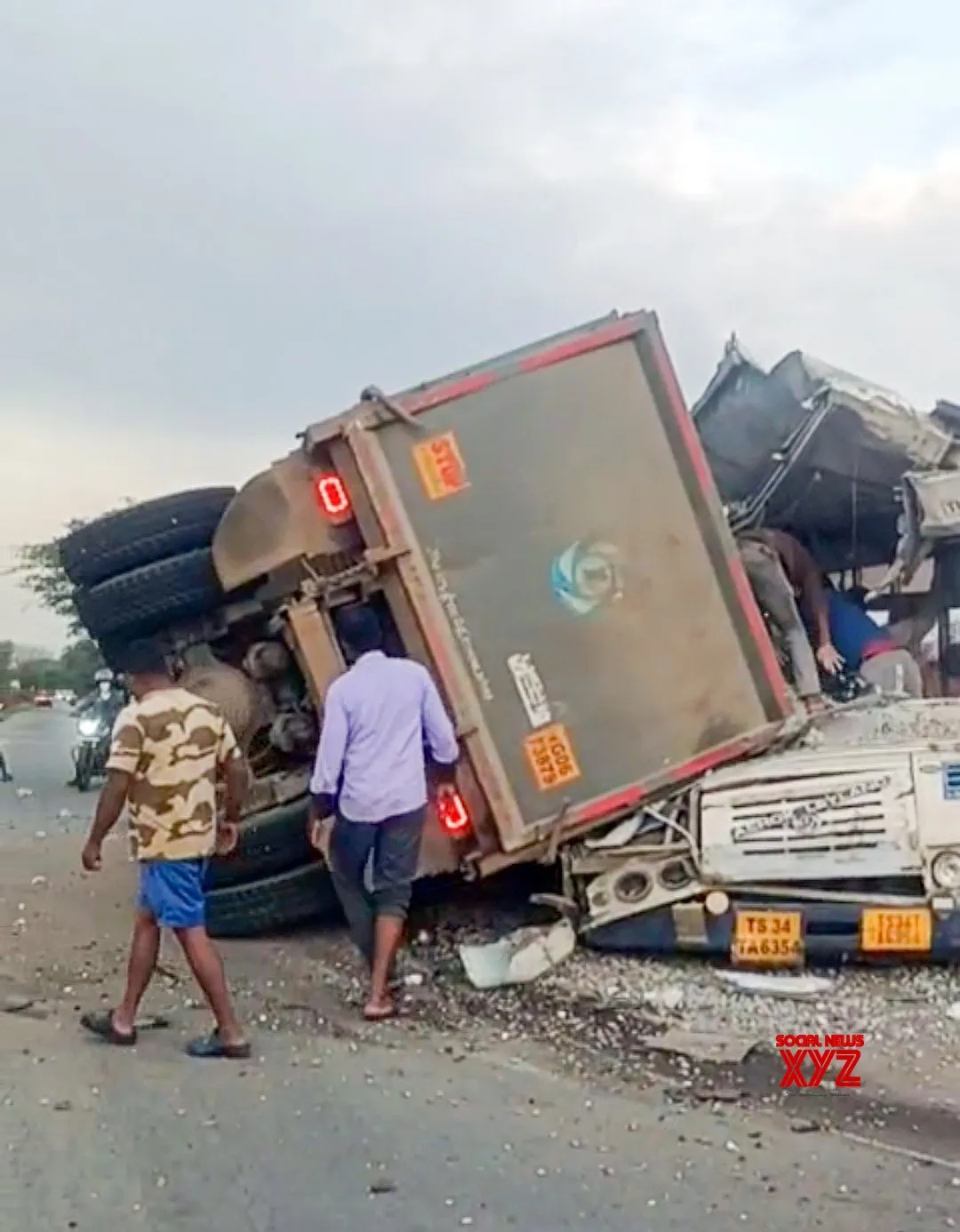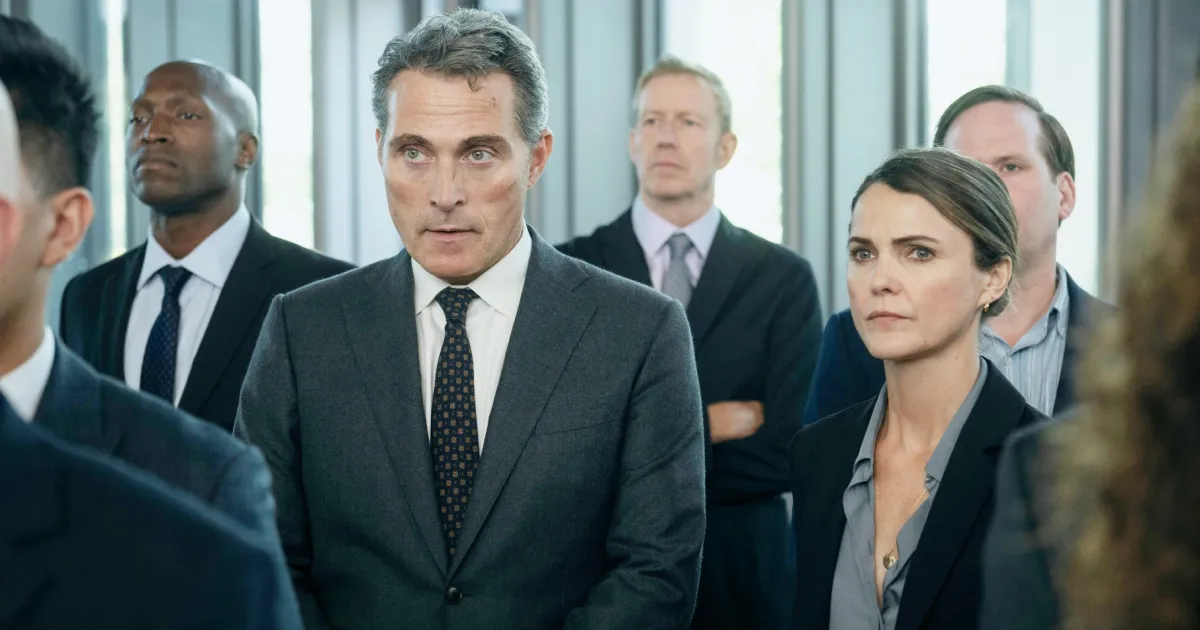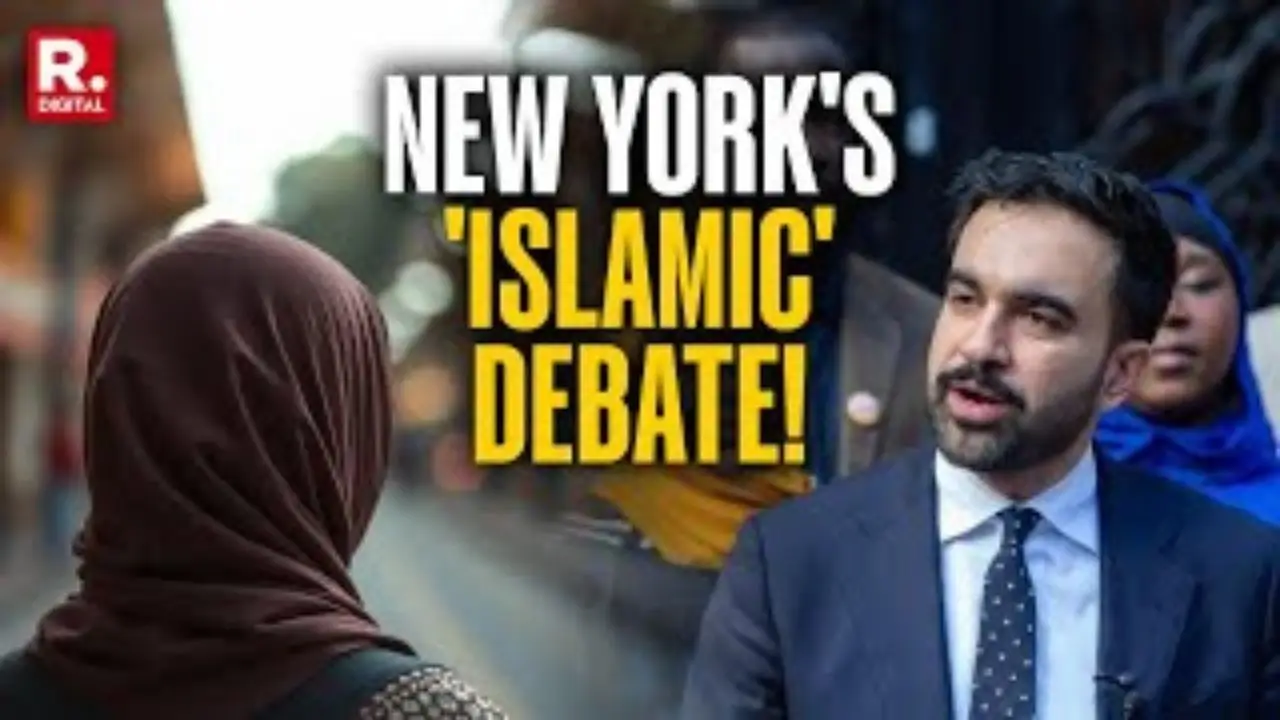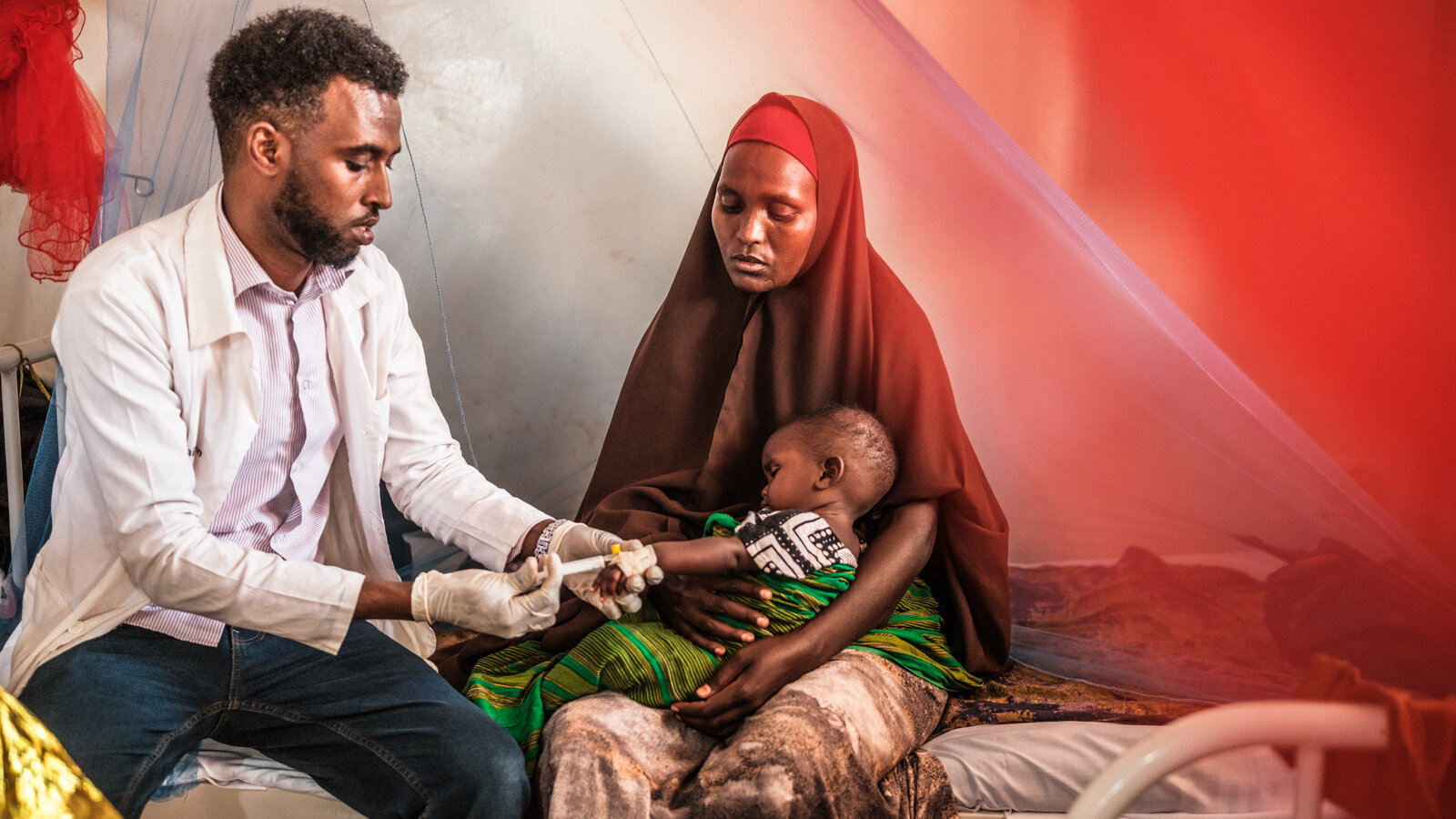Copyright ABC17News.com
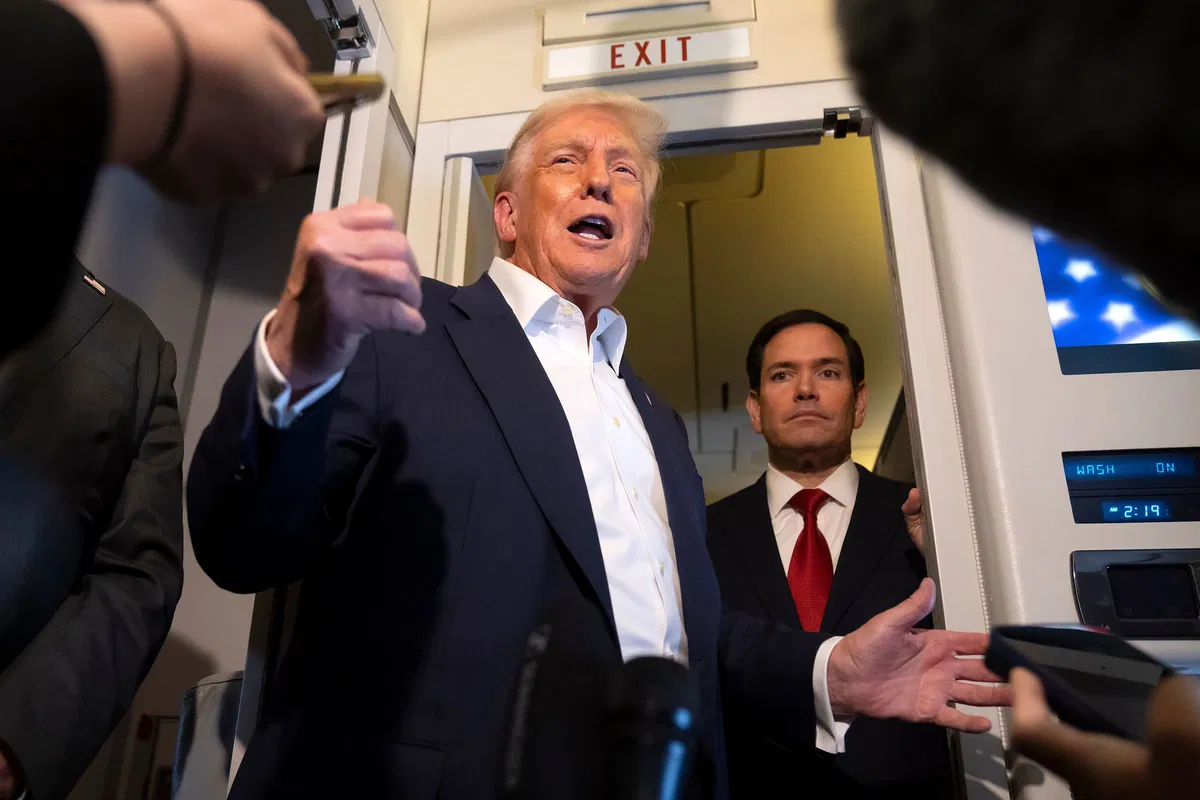
By Kylie Atwood, Jennifer Hansler, CNN (CNN) — More than two weeks after President Donald Trump said he would halt “all payments” to Colombia, there has not been any interruption to the assistance, even after the administration sanctioned the country’s President Gustavo Petro accusing him of playing a “role in the global illicit drug trade.” There is no comprehensive ongoing interagency review of all the US assistance programs to Colombia being carried out, US officials said. They pointed to a strong country-to-country relationship, built on decades of investment and singled out Petro as the biggest impediment to shoring up the joint efforts to tackle illicit drug production and trafficking inside the country. Days after Trump’s social media post deeming Petro a drug trafficker and calling for a cutting of all payments and subsidies to the country, there was an interagency meeting planned with all of the Cabinet heads to discuss US support to Columbia, US officials said. But that meeting was canceled for unknown reasons and has not been rescheduled. The axing of the inter-agency meeting meant that Trump’s national security adviser and Secretary of State Marco Rubio – who has been instrumental to the administration’s overall policy approach to the region – was again left as the most influential voice in the president’s ear in shaping the policy. Rubio’s staff began working with the Treasury Department to quickly put sanctions on Petro into place, sources said. Rubio, following Trump’s initial Truth Social post, publicly cited the “excellent” US-Colombia relationship, founded on strong partnership. When asked about the status of the policy, a senior administration official highlighted to the country’s difficulty tackling drug trafficking under Petro’s leadership, and pointed to a review of US assistance at the presidential level. “Despite billions of US taxpayer dollars invested in Colombia’s counterdrug efforts, cartels are thriving under President Petro’s failed policies. President Trump is carefully reviewing every program and only investing in projects that show clear value to protecting US citizens,” the official said. “The politics of Colombia are not actually reflected by the current president,” Rubio said as he prepared to head to Asia with Trump. “Our problem with the current president, in addition to his behavior, which has been erratic and counterproductive, is that in fact he is not cooperating on our counter-drug, and we felt that was best addressed at the individual level.” Rubio’s remarks came as a relief to US officials who had been privately hoping that the administration would climb down and draw a distinction between penalizing the country and targeting the actions and bellicose rhetoric of the president. Rubio went on to say that the targeting of Petro – whom he called a “hostile foreign leader” – is “separate” from any effort to punish the joint efforts at the working level between the two countries, which the US has invested in for decades. While the administration has pointed to both Colombia and Venezuela as driving the drug trade, their approach to tackling the problem in each country greatly differs because of contrasting diplomatic histories. Tough sanctions have been imposed on Venezuela by both Republican and Democratic administrations given a rupture in diplomatic relations after the country’s National Assembly declared Nicolás Maduro was not the country’s legitimate leader in 2019, which was a position the US backed. And, in 2024, the US accused Maduro of stealing the country’s election. Meanwhile, US-Colombia relations remain intact despite tensions at the top. Trump administration officials have also drawn up plans for strikes inside Venezuela, while there are no plans for the same kind of action inside Colombia. Trump administration officials are keenly aware of the political calendar in South America’s largest country: Petro’s presidency will end next year as he is constitutionally barred from running for a second term in the 2026 presidential election. “Our relationships with the people of Colombia, the economic sector of Colombia, the majority of people in politics in Colombia, and their institutions, in particular their defense institutions, are strong and enduring, and they’re going to be strong and enduring long after this individual is no longer the president there,” Rubio said. Trump’s anger towards Petro comes after the Colombian leader has taken on the US president very personally in addition to harshly criticizing the administration’s drug war and its support for Israel. US officials were stunned and angry when Petro joined pro-Palestinian protests in New York in September and called on US soldiers to “disobey the orders of Trump.” It prompted the US to revoke Petro’s visa. But days later, back in Colombia, the left-wing leader doubled down. “If Mr. Trump keeps being complicit in the genocide, as he is up to today, he deserves nothing but jail, and his army should not obey him,” Petro said in Bogota. Petro’s hostile stance towards Trump continued as the US drug boat strikes in the Caribbean have continued at a steady pace for the last two months. After one strike he accused the US of murdering a Colombian fisherman, fueling tensions and ultimately triggering Trump to declare that the US would halt payments to the nation. CNN has reported that at least one US military strike in the Caribbean over the last two months targeted Colombian nationals on a boat that had left from Colombia, according to two people briefed by the Pentagon about the strikes. The ‘failures and incompetence’ of Petro When the US rolled out sanctions against Petro and two of his family members in recent weeks, Rubio also officially decertified Colombia as a partner in combatting drug trafficking. But the State Department’s language announcing the decertification made clear that US support for the country’s institutions are expected to endure. “We remain steadfast in our support for Colombian security forces, its justice sector, and departmental and municipal officials, and we will continue to partner with them in our joint efforts to combat drug trafficking,” the State Department announcement said. “Today’s decision is not a reflection on these institutions but rather the failures and incompetence of Gustavo Petro and his inner circle.” The senior administration pointed to the sanctioning of Petro and his family as a Trump decision after the Colombian president failed to strengthen efforts to tackle the drug problem. “The decision to impose sanctions on Petro and his family was ultimately made at the Presidential level, as is every action. President Trump made it clear that Colombia is ‘failing demonstrably’ to uphold its drug control responsibilities, and Petro has since doubled down in defense of his failed policies,” the official said. Some US foreign assistance to the country had already stopped after the destruction of the US Agency for International Development (USAID) early in Trump’s second term. However, the US has continued to provide funding from the State and Defense departments, including on counternarcotics. The US has provided about $210 million in assistance to Colombia this fiscal year, including about $31 million in agricultural support, according to data from the US Department of State. While US officials believe that the strategy to target Petro instead of the whole of Colombia’s security institutions is settled for the time being, they warn that things could always quickly change. Speaking a day after Rubio last month, Sen. Lindsey Graham said that Trump believes that both Venezuela and Colombia “have been safe havens for narco-terrorists for too long.” Graham added, during his CBS interview, that Trump said there were plans to brief members of Congress after his trip to Asia “about future potential military operations against Venezuela and Colombia.” Unintended consequences The US has been working to establish the close relationship it has with Colombia since the late 1990s. The Clinton administration launched Plan Colombia in 2000, which was a $1.3 billion program primarily to support the military and security forces’ fight against growing and trafficking narcotics. But before that period in 1997 the US had cut off assistance to Colombia and decertified it as partner in combatting drug trafficking. Many reflected that the action did not produce the intended results. “US officials concluded that we actually did more damage to ourselves by cutting off assistance to Colombia than actually punish Ernesto Samper,” said Juan Gonzalez, a former NSC official focused on the Western Hemisphere during the Biden administration who is currently a fellow at the Georgetown Americas Institute. The US support to the Colombian police was robust before that cutoff: helping pay for judicialized wiretaps, training police and vetting them. Gonzalez said that the cutoff in assistance during that period of time limited the US Department of Justice’s ability build cases against the cartels inside of Colombia. Experts say that today’s continued funding to Colombia’s security and defense forces – which includes ongoing intelligence sharing between the two nations – is critical to achieve the administration’s own goals for fighting drug trafficking. Elizabeth Dickinson, the International Crisis Group’s senior analyst for Colombia, said the US support on defense is “really, really significant.” “We’re talking about two militaries that are deeply integrated and cooperating, and they work more closely together, I think, than any other country that the US works with that’s not in NATO,” she told CNN. “We’re talking about sort of an institutional relationship, sharing of intelligence, sharing of capabilities, day to day collaboration on logistics, operations.” “If that were to go by the wayside,” Dickinson said, “the capability of the Colombian security forces would be debilitated significantly” at a time when the country is facing major security challenges. And if intelligence sharing were to be cut, it would leave the US “flying blind,” she said. “85% of all actionable intelligence that the US uses to interdict drugs in the Caribbean comes from Colombia,” Dickinson said. “If you are not sharing humint (human intelligence), electronic intel on shipments, routes, organizations, schedules, methods – you’re cutting off what’s needed to do the stated thing you want to do – stop the flow,” a former US diplomat who worked on the issue told CNN. Another former US diplomat who worked on the issue said cutting the security funding would be “cutting one’s nose to spite one’s face.”
